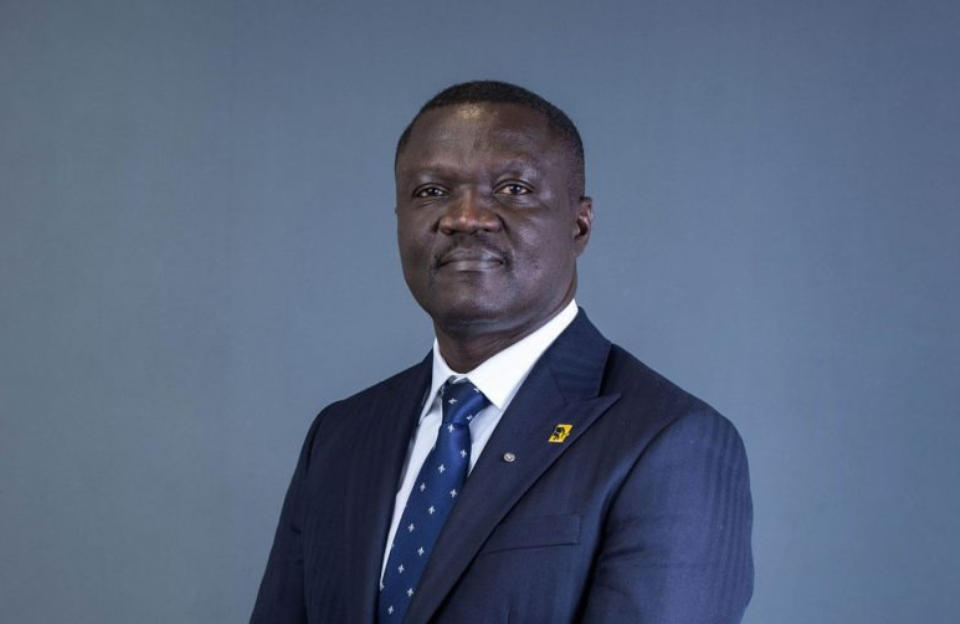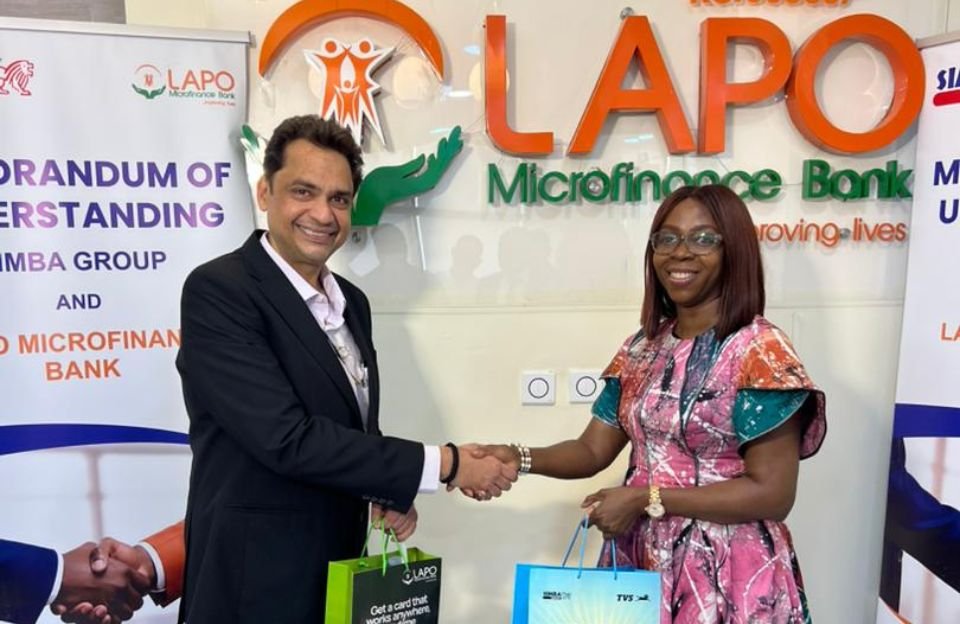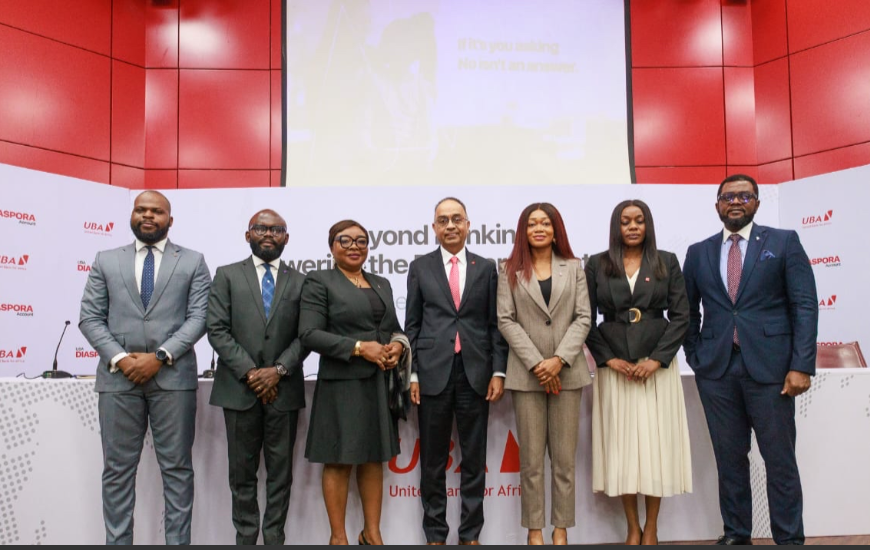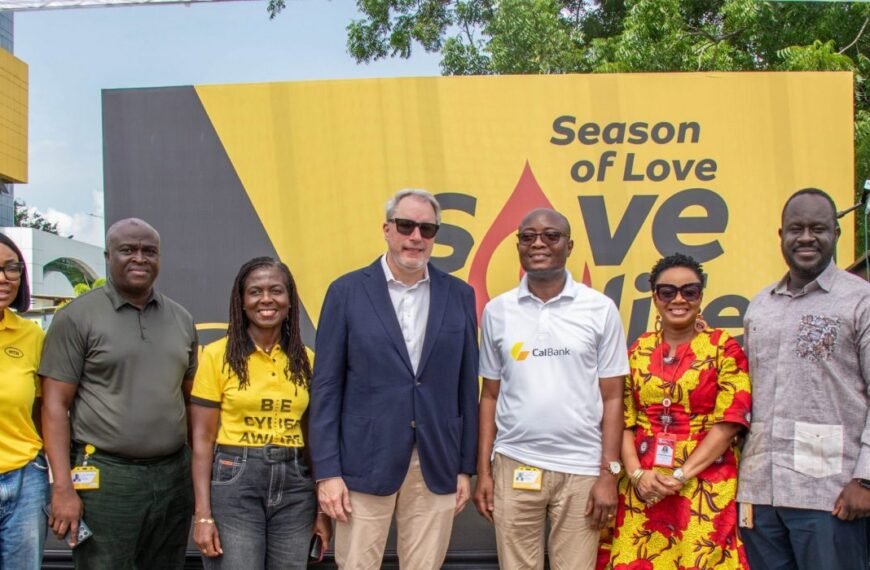

Ghana: AfCFTA aligns trade laws with women’s needs
Programs Officer of the African Continental Free Trade Area (AfCFTA), Divine Kutortse, shared that the organization is currently assessing its trade agreements to address the specific needs of women engaged in cross-border trade. He made this statement during the recently concluded National Women’s Conference on the Africa Continental Free Trade Area (AfCFTA), organized by the Ghana National Chamber of Commerce and Industry in collaboration with Gesellschaft fur International Zusammenarbeit (GIZ) in Accra.
Referring to a World Bank study, Divine Kutortse mentioned that the AfCFTA is projected to boost Africa’s income by US$450 billion by 2035, with intra-African exports expected to rise by over 81 percent. However, due to gender disparities in trade across much of the African economy, women are more inclined to participate in informal trade compared to their male counterparts.
He highlighted that women constitute approximately 30 percent of informal private businesses and contribute around 13 percent to Africa’s Gross Domestic Product (GDP), Kutortse emphasized the crucial importance of strategically eliminating tariffs and non-tariff barriers (NTBs) to empower women.
“Women form a chunk of our cross-border trade, so there’s a need for us to also integrate women and youth in our trade laws. Currently, we are reviewing our trade policies and agreements to see how we can integrate and make sure they align with women in cross-border trade,” he said.
Among other things, he noted that the continental trade agreement – if driven by women and youth, who are among the continent’s most valuable assets –will be a primary catalyst for unlocking the country’s enormous potential for cross-border trading. To achieve the Sustainable Development Goals (SDGs) and the African Union Agenda (AU) agenda 2063, he argued that priority must be given to investments in women and youth in all aspects of the AfCFTA implementation.
Mr. Kutortse reiterated that Women involved in cross-border trade contribute significantly to Africa’s gross domestic product (GDP). However, they face specific constraints which undermine their economic activities – access to technical information, financial constraints, and are often being subjected to harassment and extortion at the border.
“Women are more readily denied access to key trader networks and information about the relevant procedures. Time-consuming trade measures and documentary requirements impinge more heavily on women. They are less able than men to get the necessary inputs and materials, which further hinders their competitiveness in overseas markets.
“Information is a key fundamental in trading. We found that getting one-stop information on trade, especially trade data in Ghana, is quite cumbersome,” he said.
In response to this, Kutortse underscored that AfCFTA is in the process of creating a portal named the Ghana Trade Information Repository. This platform aims to offer comprehensive information at the click of a button, streamlining access for convenience and ease.
Speaking at the same event, President-Ghana National Chamber of Commerce, Clement Osei Amoako, reiterated the chamber’s commitment to ameliorating the innumerable hurdles that face women in cross-border trading.
He mentioned that, with backing from GIZ, the focus this year is on addressing the unique requirements of women businesses and cultivating an environment conducive to the success of women entrepreneurs and youth within the AfCFTA framework. The chamber is actively addressing challenges such as production obstacles, financial difficulties, pricing issues, and barriers in dealing with regulatory bodies.
Mr. Osei Amoako urged all relevant stakeholders to fully empower women and youth to take advantage of the AFCFTA’s benefits. This, he said, requires a concerted effort.
“I encourage government authorities, financial institutions, civil society, women and youth organizations, faith-based organizations and development partners to join hands in creating a nurturing environment for women and youth to thrive,” Mr. Amoako added.
















